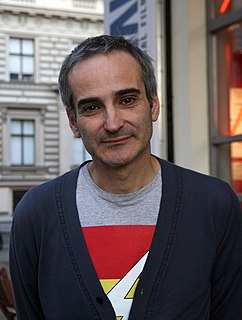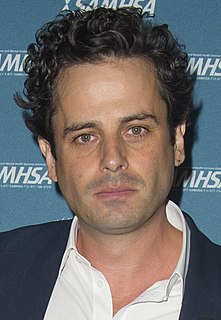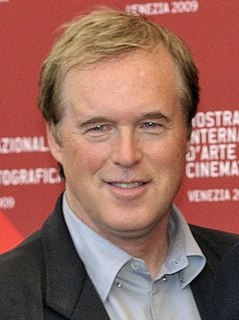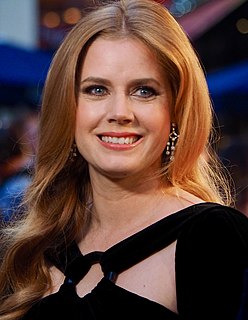A Quote by Carrie Fisher
Related Quotes
I think movies are expressions of our imagination; they are expressions of our conscious and of our subconscious. I think that movies can be analyzed the way dreams are analyzed, and sometimes I feel that the viewers or the journalists I discuss the film with are psychoanalysts who are trying to make sense of my dreams.
Mind is nothing but dreams and dreams - dreams of the past, dreams of the future, dreams of how things should be, dreams of great ambitions, achievements. Dreams and desires, that is the stuff mind is made of. But it surrounds you like a China Wall. And because of it the fish remains unaware of the ocean.
I think the industry tends to like to think in the narrow sort of mindset of a businessman, and businessman absolutes, and movies really exist in a much grayer region of dreams and stuff like that, and instinct is prized in movies, it's not prized with the businessmen in movies, but movies themselves often reward instinct rather than pie charts.
Richard Donner made great movies. Seminal movies. The Academy, though, and we have to be careful here, should recognize popular films. Popular films are what make it all work. There was a time when popular movies were commercial movies, and they were good movies, and they had to be good movies. There was no segregation between good independent films and popular movies.
The model we established was to give creative people complete creative freedom in exchange for betting on themselves, so they work for the minimums you're allowed to work for, and if the movies work in a big way, everyone does very well. If the movies don't, nobody loses too much money. The benefit to doing all the movies low budget is we can tell different types of stories and take creative risks. The Purge would have been irresponsible to do for $20M, but to do it for $3M makes sense.




































